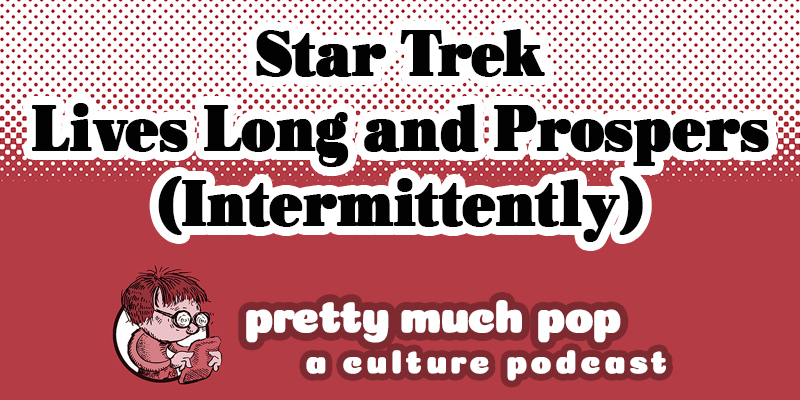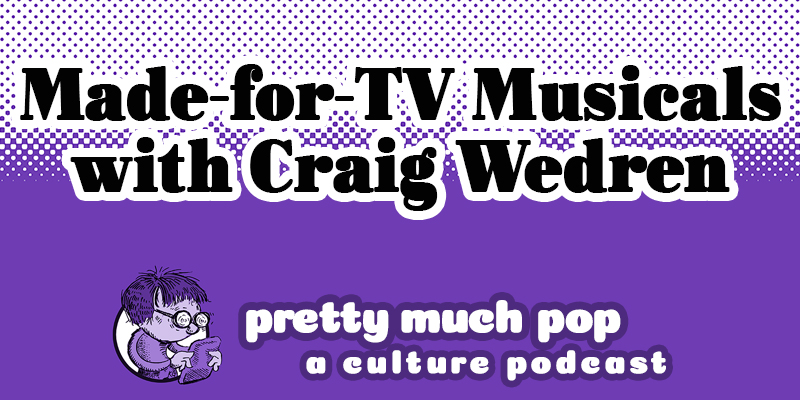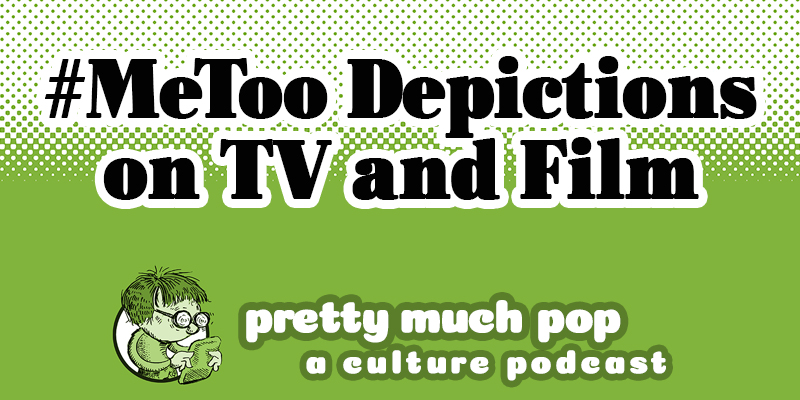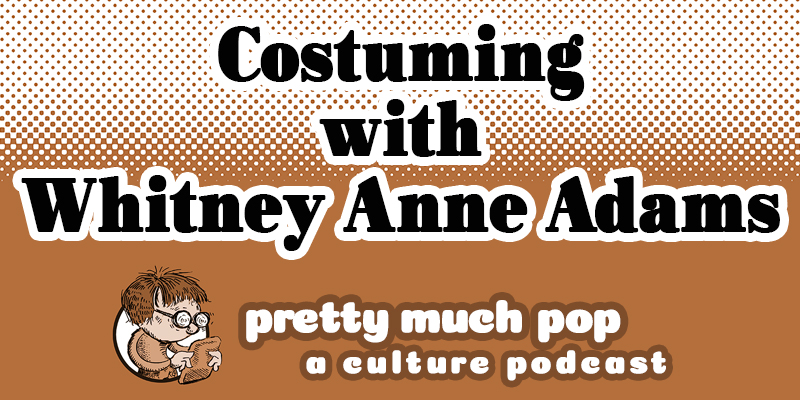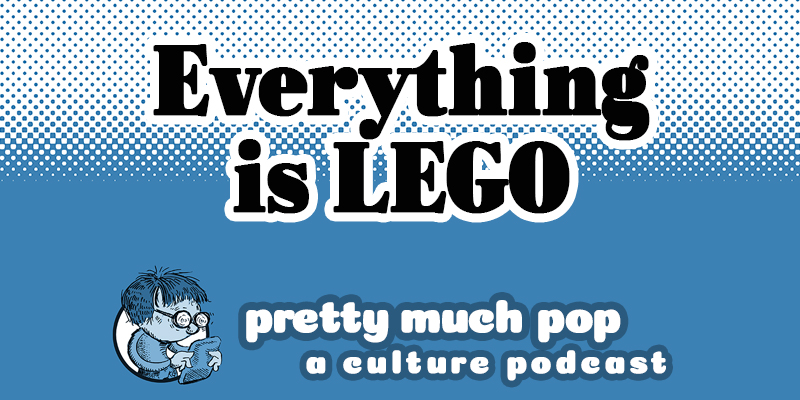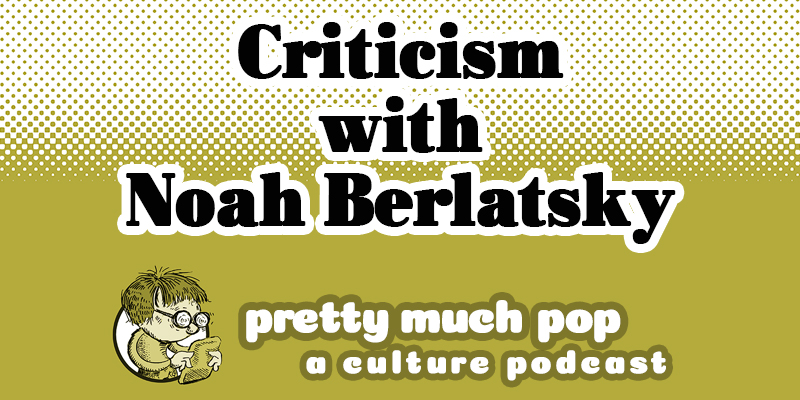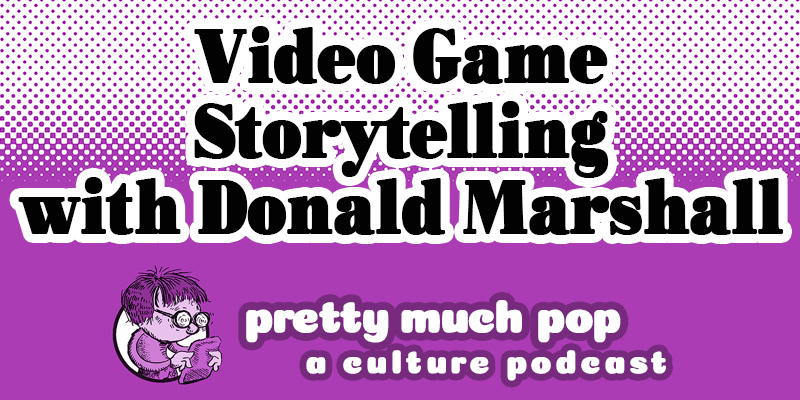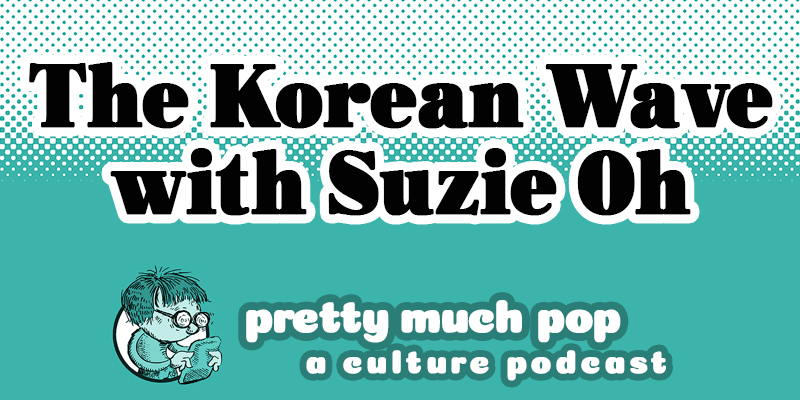
We’re seeing a lot of Korean media in American popular culture nowadays, what with Parasite winning the Oscar for best picture and K‑Pop and K‑Dramas finding an increasing American cult following. This is not an accident: The Korean government has as an explicit goal the growth of “soft power” through exported cultural products. This Korean Wave (Hallyu) was aimed foremost at Asia but has reached us as well. Suzie Hyun-jung Oh joins your hosts Mark Linsenmayer, Erica Spyres, and Brian Hirt to explore the context for this spread and figure out what exactly feels foreign to American audiences about Korean media.
This is our first attempt to get at the zeitgeist of another culture to better understand its media, and the primary focus of our immersion (the part of the wave that’s not aimed at teens) was film: In addition to the work of Bong Joon-ho, we touch on The Handmaiden, A Train to Busan, The Burning, A Taxi Driver, Lucid Dreaming, Among the Gods, and others.
We also talk a little about Korean teen cultural products, family life and religion in Korea, the aesthetic of cuteness, M*A*S*H, and whether Americans will read subtitles.
Some articles and other resources that helped us:
- “Korean Media Hits The Big Time In North America” by Lauren Orsini
- “Korean Wave (Hallyu) – The Rise of Korea’s Cultural Economy & Pop Culture” by Martin Roll
- “‘Parasite’ Was a Triumph for a Film Industry Trapped Between the U.S. and China” by Aynne Kokas
- “Hulu is Not Here for your ‘Parasite’ Subtitle Complaints” by Lisa Respers France
- “Why Is K‑Pop’s Popularity Exploding in the United States?” by Jon Matsumoto
- The comedian PK on the impossibility of North Korean comedy
- The Late Capitalism of K‑Pop a video by Cuck Philosophy
- Suzie’s K‑Pop Playlist (made 10 years ago, documenting its first wave)
- Read teen media online: tapas (serialized novels) or manwha (visual novels)
- Clips from the K‑drama Cinderella and the Four Knights that convey its odd flavor.
This episode includes bonus discussion that you can only hear by supporting the podcast at patreon.com/prettymuchpop. This podcast is part of the Partially Examined Life podcast network.
Pretty Much Pop: A Culture Podcast is the first podcast curated by Open Culture. Browse all Pretty Much Pop posts or start with the first episode.
